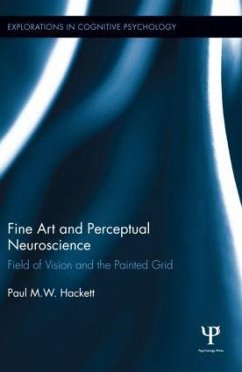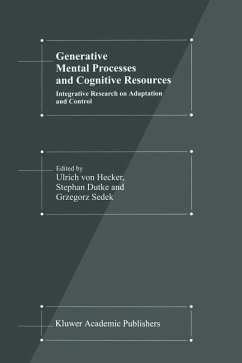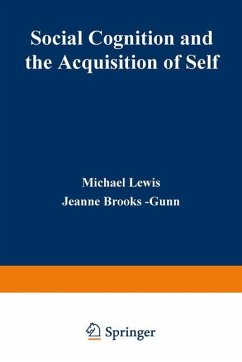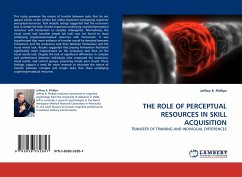
THE ROLE OF PERCEPTUAL RESOURCES IN SKILL ACQUISITION
TRANSFER OF TRAINING AND INDIVIDUAL DIFFERENCES
Versandkostenfrei!
Versandfertig in 6-10 Tagen
32,99 €
inkl. MwSt.

PAYBACK Punkte
16 °P sammeln!
This study examines the nature of transfer between tasks that do not appear similar at the surface but utilize important overlapping cognitive/perceptual resources. Task analytic ratings suggested that the occlusions task (a simple lab task) shared important underlying cognitive/perceptual resources with Fantavision (a complex videogame). Alternatively, the visual words task (another simple lab task) was not found to share underlying cognitive/perceptual resources with Fantavision. It was hypothesized that more evidence of transfer would be detected between Fantavision and the occlusions task ...
This study examines the nature of transfer between tasks that do not appear similar at the surface but utilize important overlapping cognitive/perceptual resources. Task analytic ratings suggested that the occlusions task (a simple lab task) shared important underlying cognitive/perceptual resources with Fantavision (a complex videogame). Alternatively, the visual words task (another simple lab task) was not found to share underlying cognitive/perceptual resources with Fantavision. It was hypothesized that more evidence of transfer would be detected between Fantavision and the occlusions task than between Fantavision and the visual words task. Results suggested that playing Fantavision facilitated significantly more improvement on the occlusions task than on the visual words task. Despite the lack of significant differences in complex task performance between individuals who composed the occlusions, visual words, and control groups, promising trends were found. These findings support a need for more research to elucidate the nature of transfer between complex and simple tasks that share underlying cognitive/perceptual resources.



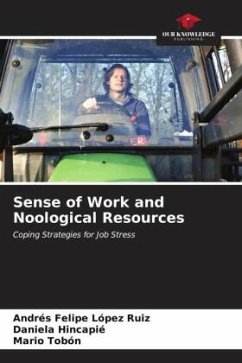
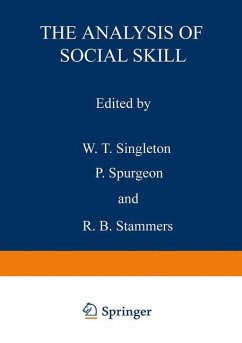
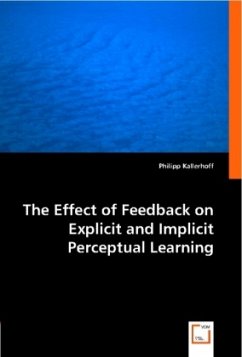
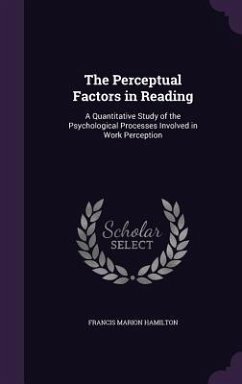
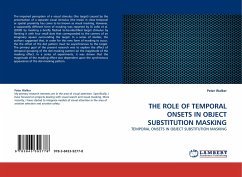
![Perceiving Talking Faces: From Speech Perception to a Behavioral Principle [With Allows Experience of Perceptual Phenomena Directly] Cover Perceiving Talking Faces: From Speech Perception to a Behavioral Principle [With Allows Experience of Perceptual Phenomena Directly]](https://bilder.buecher.de/produkte/24/24305/24305650n.jpg)
